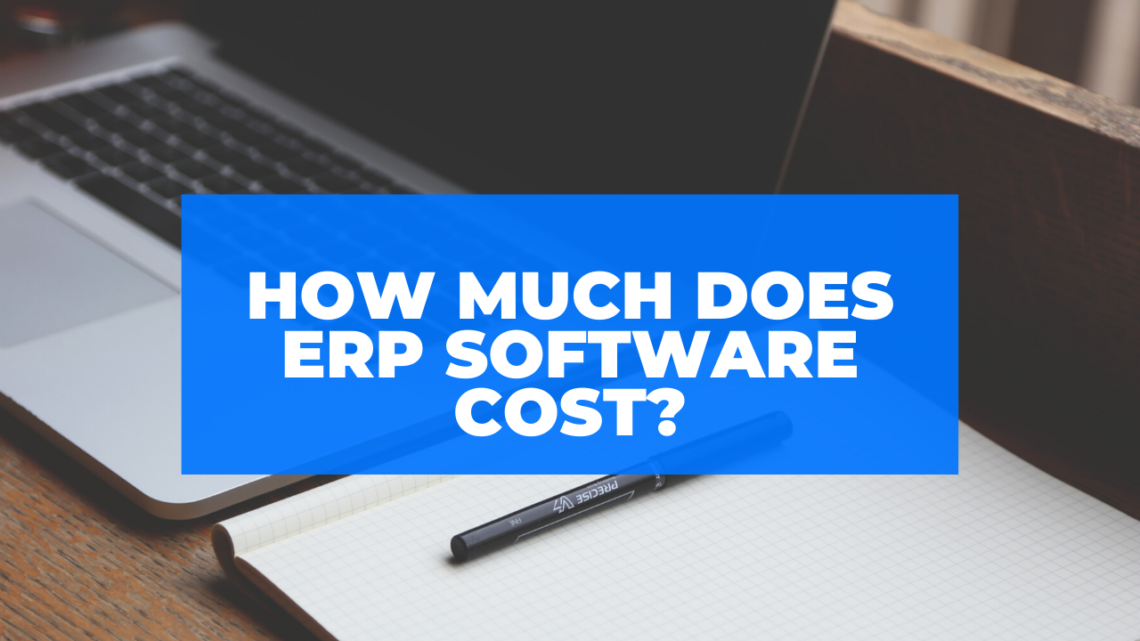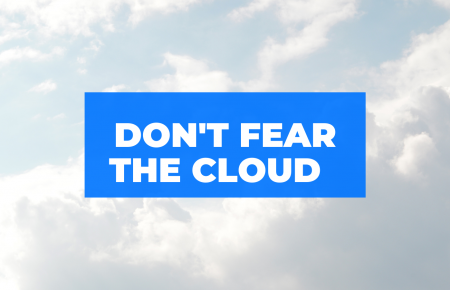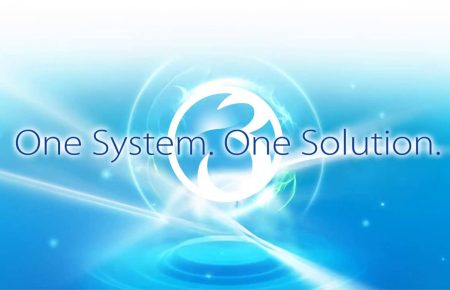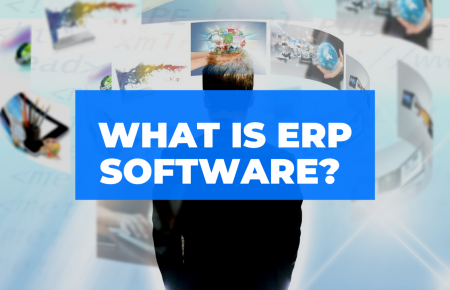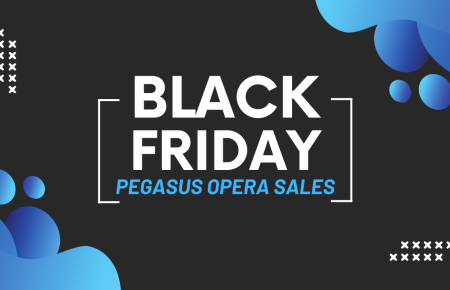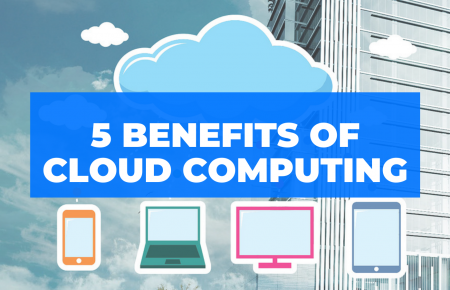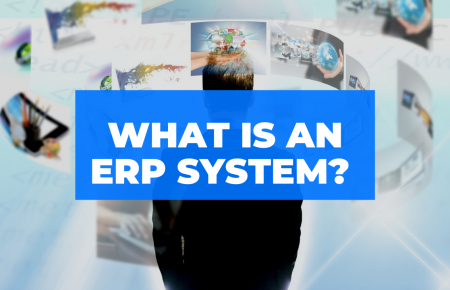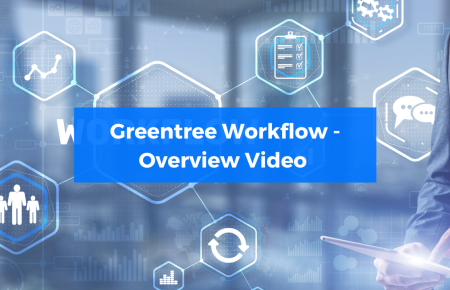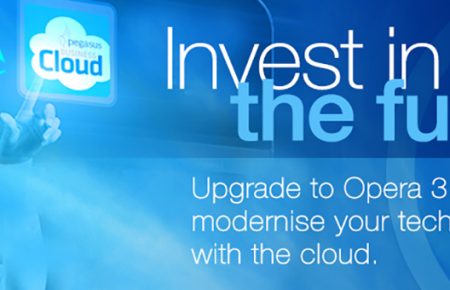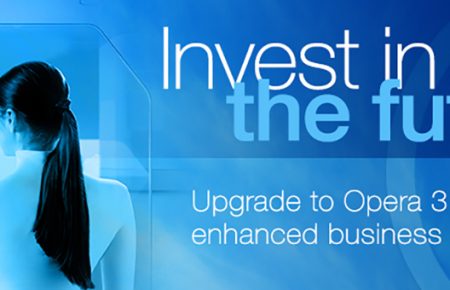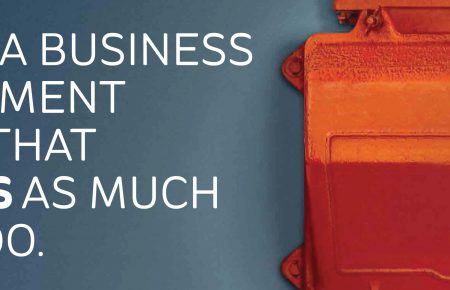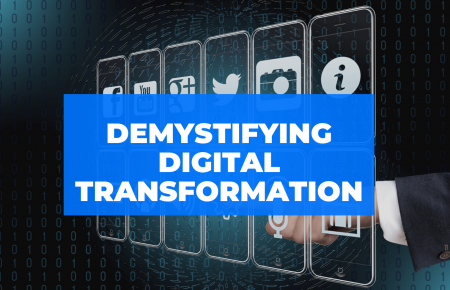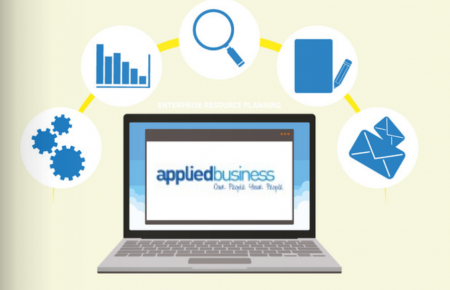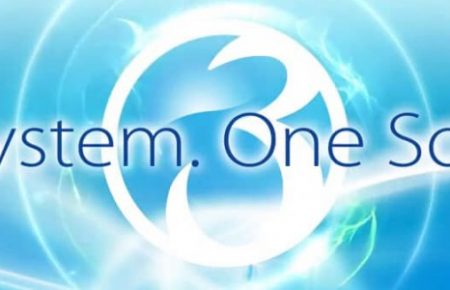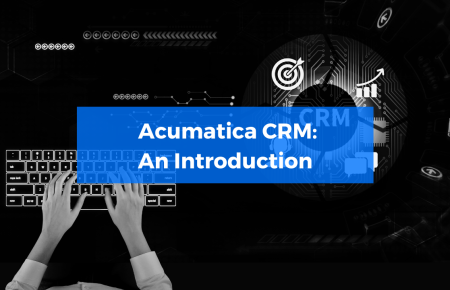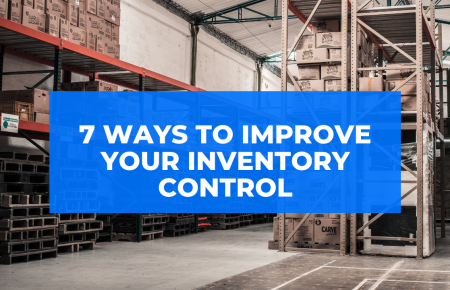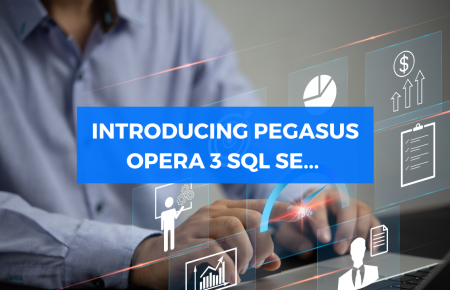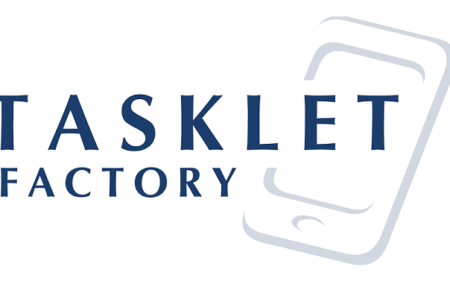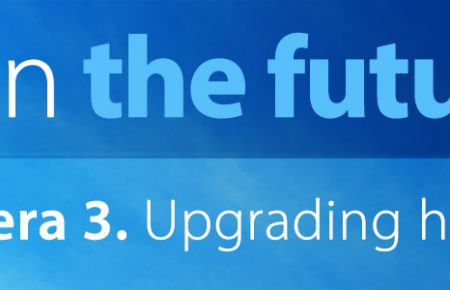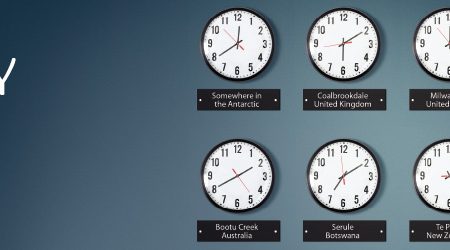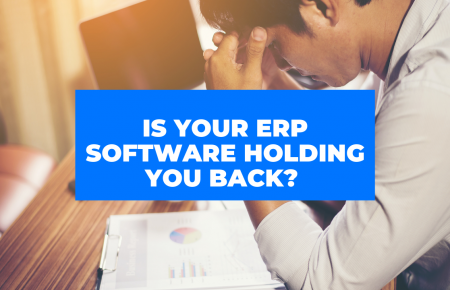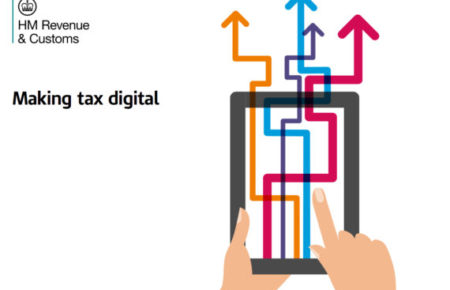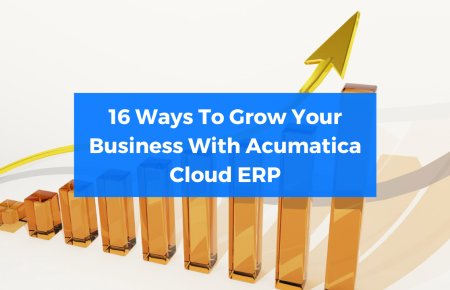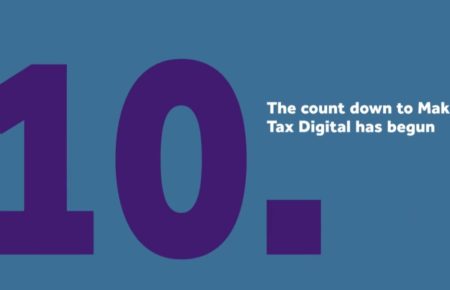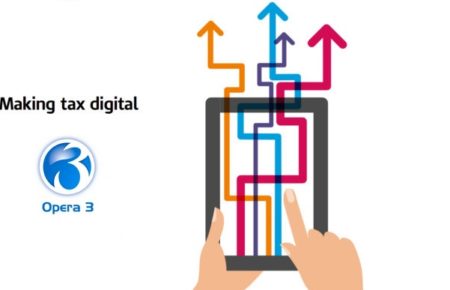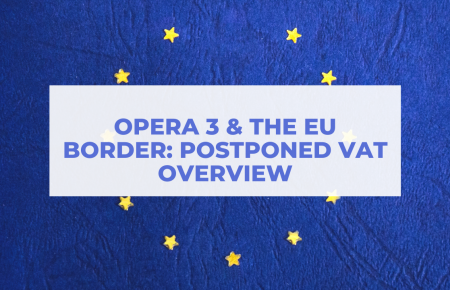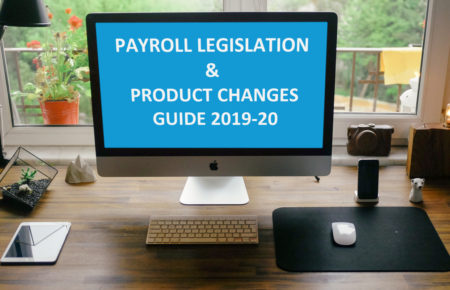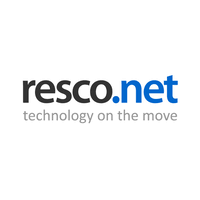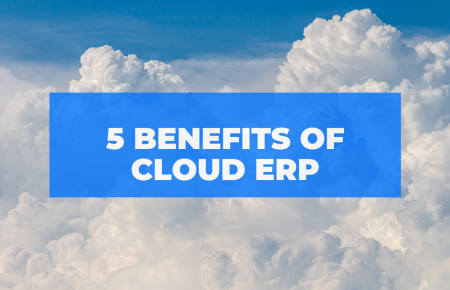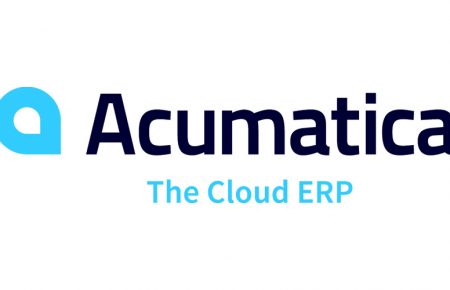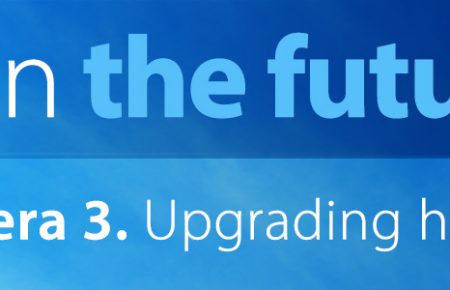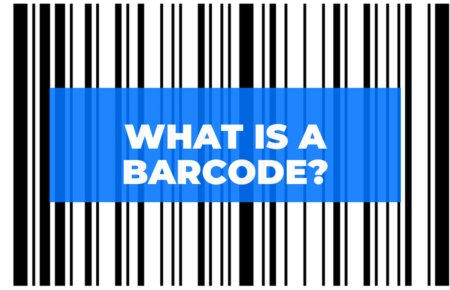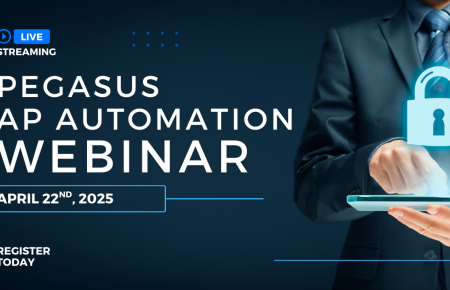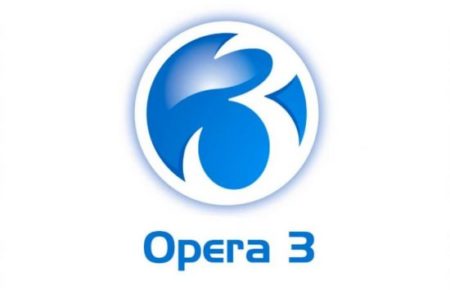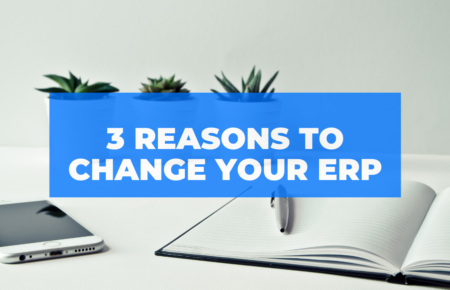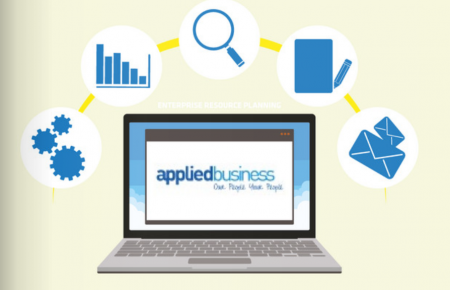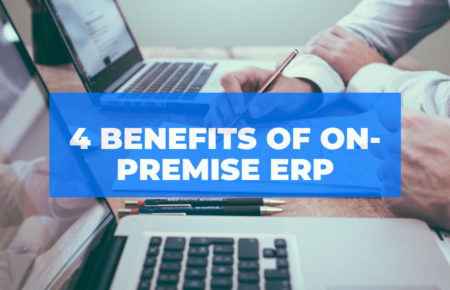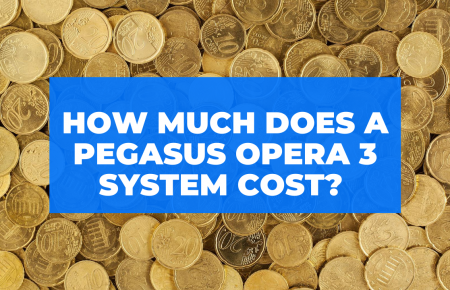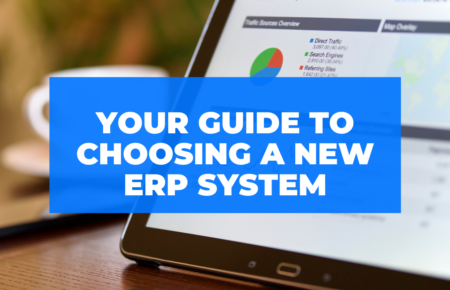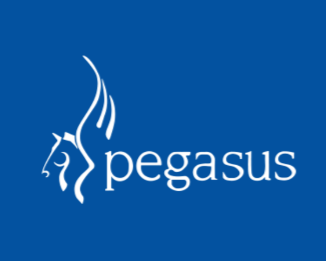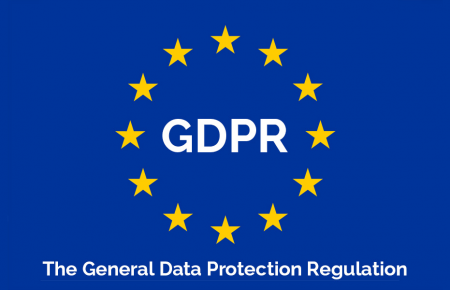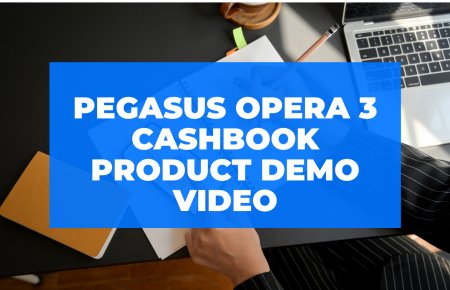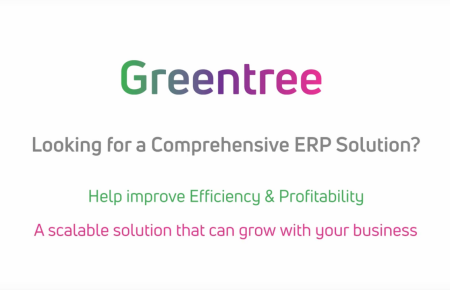How much does business management and accounting or ERP software cost?
The only honest answer to this question is ‘It depends…’
On what? Now that is a better question that we really can answer! It depends on many things, such as:
- The size of the business in question
- The industry of the business
- How many users require access to the software
- Whether the business is currently using other software systems
These days, Micro businesses are usually drawn to the ‘all-in-one’ business accounting solutions that are designed to cover the essentials such as: Quotes & Invoicing, Expense tracking, Timesheets, Purchase orders, Payroll, VAT etc.
These types of solutions are generally cloud hosted ‘Software-as-a-Service’ (SaaS) products which are offered at a range of cost levels. They start off cheap and increase in price depending on the depth of the users’ requirements. Some of the more well-known software packages in this space include: FreeAgent, Sage Business Cloud Accounting, QuickBooks, Xero, Zoho Book and KashFlow.
These ‘all-in-one’ products are generally licenced on a monthly or annual subscription plan. The cost of ownership ranges dramatically. It can be anywhere between £6 per month for the most basic offerings up to well over £50 per month depending on number of users and bolt-on modules required.
As our businesses expand and grow their needs broaden, diversify and require greater operational flexibility. At some point a growing business will no longer be a good fit for these kinds of ‘all-in-one’ solutions.
Most SMEs – particularly ones that are growing – require something a little more comprehensive than these affordable but limited SaaS options.
In striving for better monitoring, control and efficiency, businesses typically replace inefficient manual systems with an ever-increasing number of stand-alone spreadsheets and/or software applications. For example:
- Customer Relationship Management (CRM)
- Configure, Price Quote (CPQ)
- Stock control and warehouse management
- Purchase order control and authorisation
- Production planning etc
- HR and Payroll
As our businesses continue to expand these ‘silos’ of information themselves start to cultivate inefficiency and administrative problems through:
- Duplication of data entry
- Multiple versions of ‘the truth’
- Wasted time trying to keep disparate systems congruent or reconciled
At some point, the time will come when a combination of:
- Operational inefficiency
- Poor levels of work centre collaboration
- A deterioration in customer service
Will trigger a business to look for a more robust and unified business system. These software solutions are known as ‘Enterprise Resource Planning’ (ERP) systems.
Our businesses need software to help them manage the day-to-day operations such as:
- Customer Quote-to-Cash Received
- Supplier Purchase-to-Payment of invoices
- Human Resource Management
As business management and accounting software becomes more robust, unified and configurable the costs naturally increase, and they are inclined to become more aligned to specific industries.
These software solutions are generally modular by design, allowing businesses to cherry-pick specific functionality suitable for their immediate management and operational needs. As and when required, the software capabilities can be further extended to address other aspects of the business through additional modules or features.
There are three main types of pricing and licensing model used by ERP software suppliers:
- Perpetual license i.e. ‘one-off’ purchase, usually associated with on-premise software
- Subscription based (Software-as-a-Service) model, which is more common on cloud-based software
- And the third way, which is commonly some form of perpetual license with a ‘Payment over Time’ finance scheme which probably offers the best of both worlds.
Total Cost of Ownership
A good analogy for buying a mid-market ERP software solution is buying a house. When you purchase your home there are substantial ancillary costs on top of the purchase price of the property. For example:
- Conveyancy or Legal costs
- Stamp Duty
- Valuation fees
- Surveyor Fees
- Estate agent fees
- Removal costs
- Mortgage fees
- Furniture and fittings
Implementing an ERP software solution has many parallels to purchasing a home. As well as the software price there are substantial hidden costs including:
- Annual software maintenance (with the perpetual licensing model)
- Annual telephone and software support fees
- Installation, implementation & training costs
- IT infrastructure costs (with the on-premise scenario)
- System upgrade costs
- Internal staff costs
- External consultants (in some cases)
In the modular ERP software space the range of costs is as broad as it is long. However, as a guideline for a perpetual on-premise license you should budget between £1,250 to £3,000 per user depending on the software supplier, modules and features required, and number of users (Generally, the higher the number of users the lower the cost per user).
Most modular ERP solutions are available on the cloud with a Software-as-a-Service (SaaS) subscription model. The great advantage of the SaaS model is that it reduces the initial capital cost of both IT infrastructure and software licenses. A typical cost for a SaaS based ERP solution would range from £30 per user per month up to £500 per user per month on a three-year minimum contract.
Some highly regarded ERP software products and suppliers in this space include:
- Sage X3
- Microsoft Dynamics 365
- Pegasus Opera
- Microsoft Dynamics Nav
- Oracle Netsuite
- SAP BusinessOne
- Greentree ERP
- Epicor
- Infor Syteline
As a budgetary guide I would estimate that the external implementation costs will be about the same as the license fees. However, also remember you will need to allocate internal staff resources including a project champion and possibly some subject matter experts to assist with the project.
Also, remember that there will be some additional IT infrastructure costs to support on-premise systems.
Lastly, although selecting the correct software solution is important, as important if not more, is selecting the right supplier. There are many software solutions that will be good fits for your business however finding a supplier you can trust to make sure the project is delivered on time and within budget may be more difficult than you think.
Projects of this type require a great deal of trust on the part of both the customer and preferred supplier, it requires real teamwork to achieve a successful project. Too many business ERP projects suffer from massive cost overruns or are seriously late being delivered and going live. The adage, “don’t spoil the ship for a ha’porth of tar” has never been truer than in regard to ERP implementation projects.
So, how much does business management and accounting or ERP software cost?
I hope you can appreciate now why the honest answer to this question is always “It depends…”
Applied Business are accredited partners of ERP Software providers, Pegasus Opera, Acumatica Cloud ERP and Greentree ERP.

